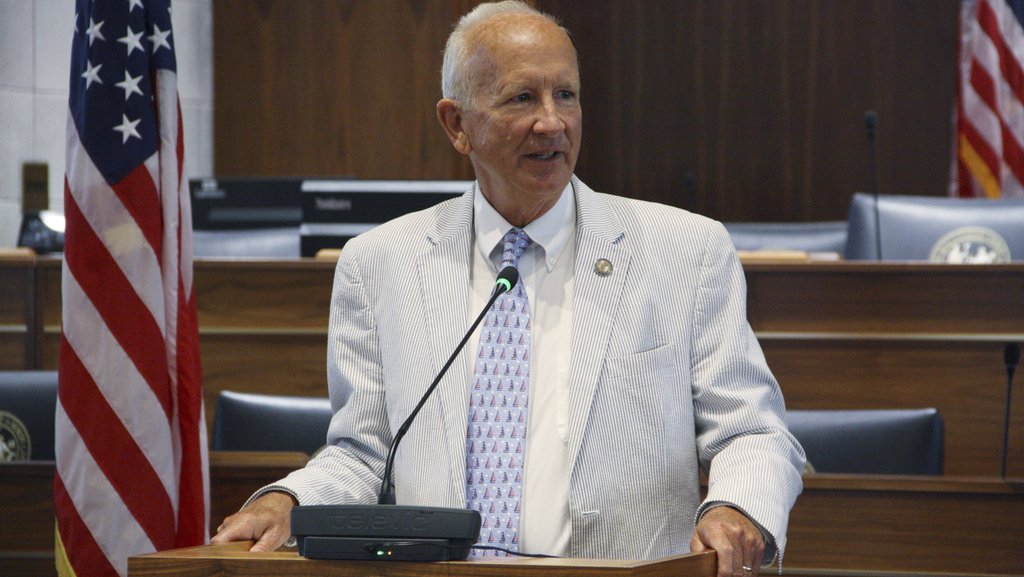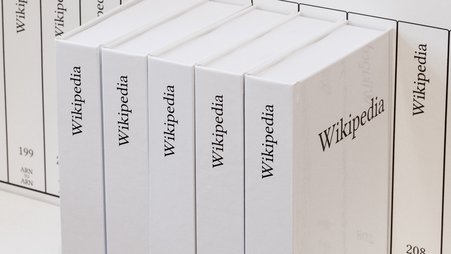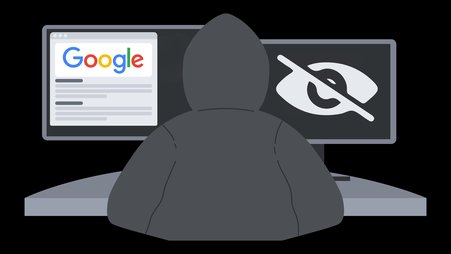Last week, Sen. Ted Cruz convened yet another congressional hearing on Biden-era “jawboning” of Big Tech companies. The message: Government officials leaning on these multibillion-dollar conglomerates to influence the views they platform was akin to censorship. Officials may not have formally ordered the companies to self-censor, but they didn’t have to – businesspeople know it’s in their economic interests to stay on the administration’s good side.
They’re not entirely wrong. Public officials are entitled to express their opinions about private speech, but it’s a different story when they lead speakers to believe they have no choice but to appease the government. At the same time the Biden administration was making asks of social platforms, the former president and other Democrats (and Republicans) pushed for repealing Section 230 of the Communications Decency Act, the law that allows social media to exist.
It’s unlikely that the Biden administration intended its rhetoric around Section 230 to intimidate social media platforms into censorship. That said, it’s certainly possible companies made content decisions they otherwise wouldn’t have when requested by a government looking to legislate them out of existence. It’s something worth exploring and learning from.
But if you accept the premise — as I do — that gigantic tech companies with billions in the bank and armies of lawyers are susceptible to soft pressure from a censorial government, doesn’t it go without saying that so are individual journalists who lack anything close to those resources?
If it’s jawboning when Biden officials suggest Facebook take down anti-vaccine posts, isn’t it “jawboning” when a North Carolina GOP official tells ProPublica to kill a story, touting connections to the Trump administration? When the president calls for reporters to be fired for doing basic journalism, like reporting on leaks? When the White House and Pentagon condition access on helping them further official narratives? A good-faith conversation about jawboning can’t just ignore all of that.
Here are some more incidents Cruz and his colleagues have not held hearings about:
- A Department of Homeland Security official publicly accused a Chicago Tribune reporter of “interference” for the act of reporting where immigration enforcement was occurring. Journalism, in the government’s telling, constituted obstruction of justice. That certainly could lead others to tread cautiously when exercising their constitutional right to document law enforcement actions.
- Director of National Intelligence Tulsi Gabbard attacked Washington Post reporter Ellen Nakashima by name, suggesting her reporting methods — which is to say, calling government officials — were improper and reflected a media establishment “desperate to sabotage POTUS’s successful agenda.” Might that dissuade reporters from seeking comment from sources, or sources from providing such comment to reporters?
- When a journalist suggested people contact her on the encrypted messaging app Signal, an adviser to Defense Secretary Pete Hegseth said she should be banned from Pentagon coverage. The Pentagon then attempted to exclude her from Hegseth’s trip to Singapore. Putting aside the irony of Hegseth’s team taking issue with Signal usage, it’s fair to assume journalists are less likely to suggest sources lawfully contact them via secure technologies if doing so leads to government threats and retaliation.
- Bill Essayli, a U.S. attorney in California, publicly called a reporter “a joke, not a journalist” for commenting on law enforcement policies for shooting at moving vehicles. Obviously, remarks from prosecutors carry unique weight and have significant potential to chill speech, particularly when prosecutors make clear that they don’t view a journalist as worthy of the First Amendment’s protections for their profession.
Sources wanting to expose wrongdoing ... will think twice about talking to journalists who are known targets of an out-of-control administration.
There are plenty more examples — and that doesn’t even get into all the targeting of news outlets, from major broadcast networks to community radio stations. They may have more resources than individual reporters, but they’re nowhere near as well positioned to withstand a major spike in legal bills and insurance premiums as big social media firms (who this administration also jawbones to censor constitutionally protected content).
And hovering over all of this is President Donald Trump himself, whose social media feed doubles as an intimidation campaign against reporters. Our Trump Anti-Press Social Media Tracker documents hundreds of posts targeting not only news outlets but individual journalists. It’s documented over 3,500 posts. Unlike Biden-era “jawboning,” threats like these come from the very top — people in a position to actually carry them out. And unlike Biden’s administration, Trump’s track record makes the threat of government retribution real, not hypothetical.
Trump views excessive criticism of him as “probably illegal.” He has made very clear his desire for journalists to be imprisoned, sued for billions, and assaulted for reasons completely untethered to the Constitution, and has surrounded himself with bootlicking stooges eager to carry out his whims. “Chilling” is an understatement for the effect when a sitting president — particularly an authoritarian one — threatens journalists for doing their job.
It’s not only that these journalists don’t have the resources of Meta, Alphabet, and the like. They also have much more to lose. Tech companies might get some bad PR based on how they handle government takedown requests, but it’s unlikely to significantly impact their bottom line, particularly when news content comprises a small fraction of their business.
But journalists don’t just host news content, they create it. Their whole careers depend on their reputations and the willingness of sources to trust them. Sources wanting to expose wrongdoing, who often talk to journalists at great personal risk and try to keep a low profile, will think twice about talking to journalists who are known targets of an out-of-control administration.
Other news outlets might be reluctant to hire someone who has been singled out by the world’s most powerful person and his lackeys. Editors and publishers — already spooked about publishing articles that might draw a SLAPP suit or worse from Trump — will be doubly hesitant when the article is written by someone already on the administration’s public blacklist.
Unlike Biden’s antics, the Trump administration has cut out the middleman by directly targeting the speech and speakers it doesn’t like. And it wields this power against people with a fraction of the resources to fight back. If that’s not jawboning, what is?





